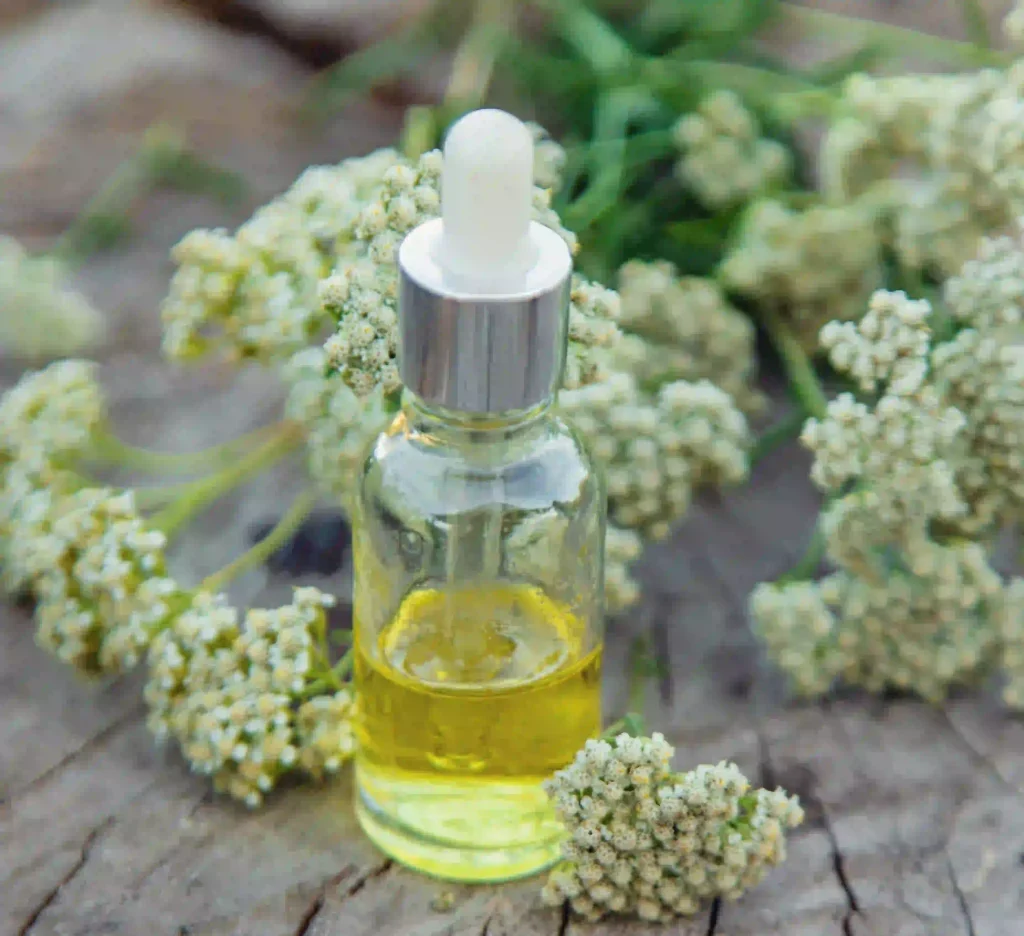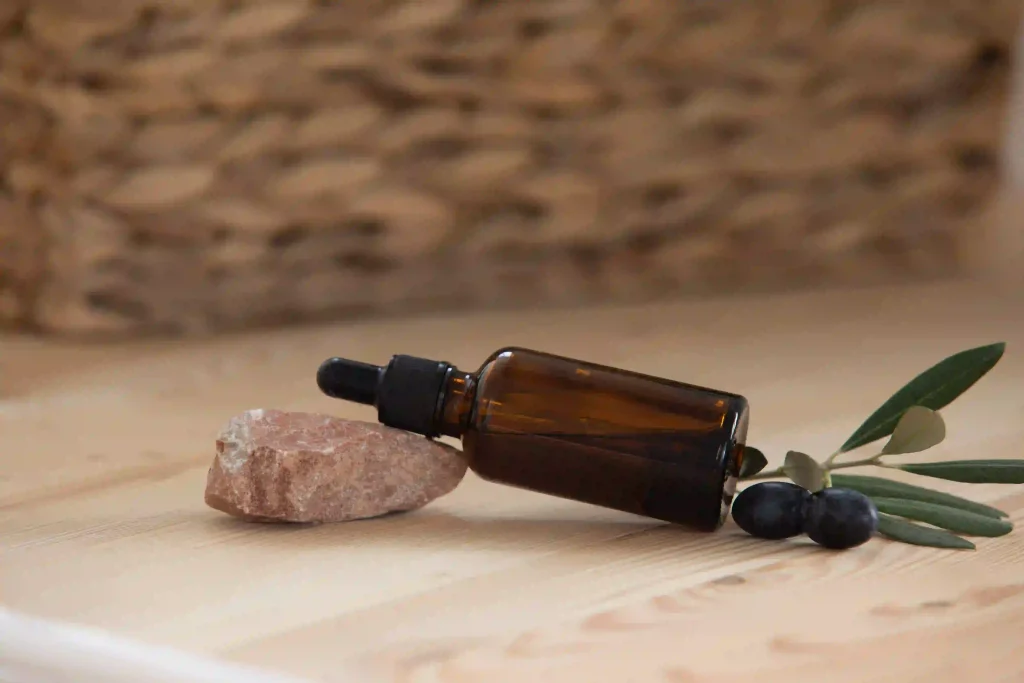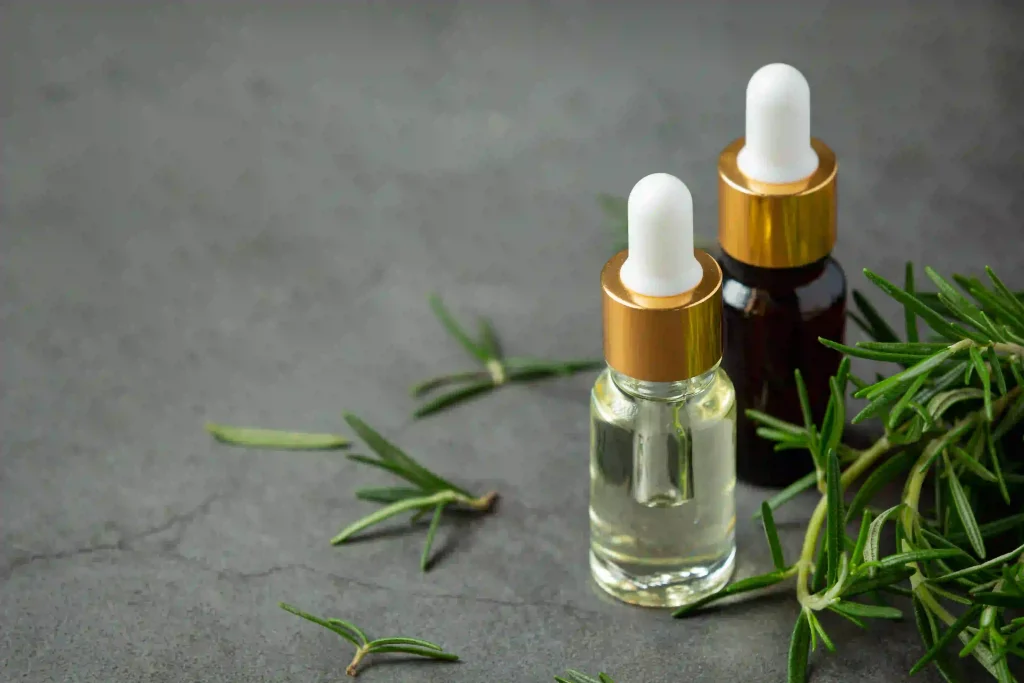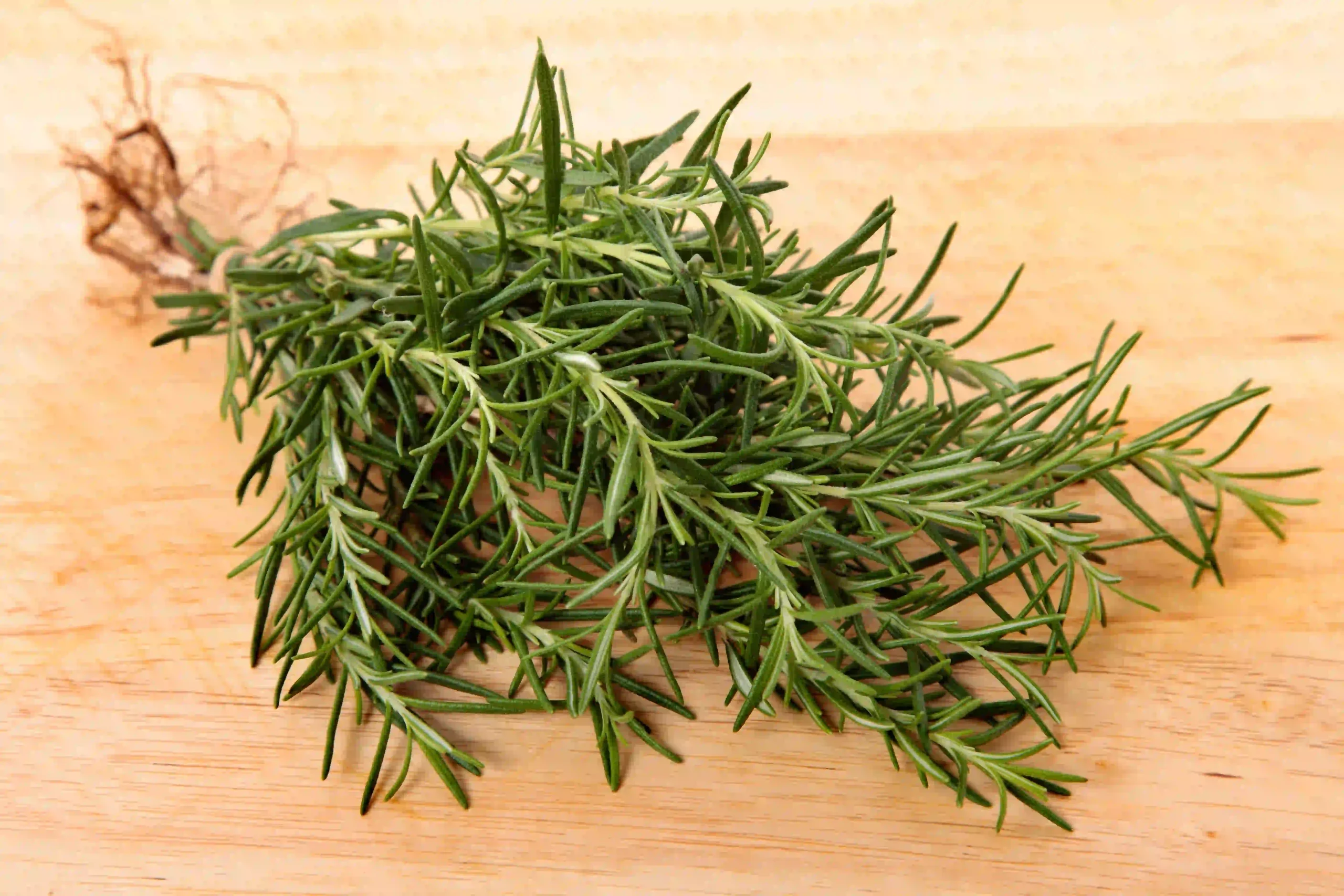As a health product enthusiast and longtime columnist in the natural wellness space, I’ve explored countless traditional remedies, but few fascinate me quite like camphor oil. Today, I’m excited to share my comprehensive guide about this remarkable essential oil that has been used for centuries across various cultures. Let’s dive deep into the world of camphor oil and discover why it’s making a impressive comeback in modern wellness routines.
What is Camphor Oil and Its Origins
Camphor oil is derived from the wood of the camphor tree (Cinnamomum camphora), a majestic evergreen native to East Asia, particularly China and Japan. The extraction process involves steam distillation of wood chips, branches, and tree stumps, resulting in a potent essential oil with a strong, penetrating aroma. What fascinates me most about camphor oil is its rich history – ancient Chinese texts mention its use dating back over 2,000 years, and it played a crucial role in traditional medicine systems across Asia and Europe. Today’s commercial camphor oil is primarily produced in China, Taiwan, and Japan, though sustainable cultivation has spread to other regions globally.

The Chemical Composition and Properties
The complexity of camphor oil never ceases to amaze me. Its main active component is camphor, but it also contains other beneficial compounds like cineole, limonene, and pinene. These components work synergistically to provide various therapeutic effects. The oil appears clear or slightly yellow, with a characteristic medicinal scent that’s both powerful and refreshing. What makes it particularly special is its ability to create a cooling sensation when applied topically, while simultaneously penetrating deep into tissues – a unique property that contributes to many of its therapeutic applications.
Health Benefits and Traditional Uses
Through my years of research and interaction with health practitioners, I’ve discovered numerous beneficial applications of camphor oil. Let me share some of the most well-documented benefits that have stood the test of both time and scientific scrutiny. First and foremost, camphor oil has remarkable anti-inflammatory properties. When applied topically, it can help reduce inflammation and alleviate pain in muscles and joints. I’ve personally found it incredibly effective for post-workout muscle soreness, and many of my readers have reported similar experiences.
The respiratory benefits of camphor oil are equally impressive. Its decongestant properties make it an excellent natural remedy for respiratory conditions. When used in aromatherapy or as a chest rub, it helps clear nasal congestion, relieves coughing, and promotes easier breathing. During cold and flu season, I always keep a bottle handy – it’s become my go-to solution for those stuffy nose nights.
Another fascinating aspect of camphor oil is its antimicrobial properties. Research has shown its effectiveness against various bacteria and fungi, making it a valuable natural antiseptic. This makes it particularly useful in treating skin conditions and minor wounds. However, it’s crucial to note that camphor oil should always be properly diluted before use, as its potency can cause irritation if used incorrectly.
Modern Applications and Usage Guidelines
In today’s wellness landscape, camphor oil has found its way into numerous products and applications. You’ll find it in pain-relieving balms, chest rubs, aromatherapy blends, and even household products. For topical use, I always recommend diluting camphor oil with a carrier oil like coconut or almond oil – typically a 2-3% dilution ratio works well for most applications. Here’s a simple recipe I often share with my readers: mix 3-4 drops of camphor oil with two tablespoons of carrier oil for a safe and effective massage blend.
When using camphor oil for aromatherapy, add a few drops to a diffuser or inhale directly from the bottle (keeping it a safe distance from your nose). For respiratory support, I’ve found that adding 2-3 drops to a bowl of hot water for steam inhalation works wonders. Just remember to keep your eyes closed and maintain a comfortable distance to avoid irritation.
Safety Considerations and Precautions
While camphor oil offers numerous benefits, it’s important to address safety concerns. As someone who’s extensively researched natural remedies, I cannot stress enough the importance of proper usage. Camphor oil is potent and should never be ingested. It should also be kept away from children and pets, as even small amounts can be harmful if swallowed. Pregnant women and individuals with sensitive skin should consult healthcare providers before use.
I always advise performing a patch test before applying camphor oil topically, even when diluted. Apply a small amount to your inner forearm and wait 24 hours to check for any adverse reactions. If irritation occurs, discontinue use immediately. Store your camphor oil in a cool, dark place, and always keep it in a tightly sealed container to maintain its potency.
Environmental Impact and Sustainability
As our world becomes increasingly conscious of environmental issues, it’s worth noting the sustainability aspects of camphor oil production. Traditional harvesting methods often involved cutting down entire trees, but modern techniques allow for more sustainable practices. Many producers now use branches and wood chips from pruning, ensuring the trees continue to grow and produce. When purchasing camphor oil, I recommend looking for brands that prioritize sustainable sourcing and ethical production methods.

Frequently Asked Questions
Throughout my career, I’ve encountered numerous questions about camphor oil. Here are some of the most common ones:
Q: Can camphor oil help with sleep?
A: While primarily known for its pain-relieving properties, some people find the aroma of camphor oil calming and helpful for sleep when used in very small amounts in aromatherapy. However, it’s generally not the first choice for sleep support.
Q: How long does camphor oil last?
A: When properly stored in a dark glass bottle away from direct sunlight and heat, camphor oil can maintain its potency for 2-3 years. However, I recommend replacing it after 18 months for optimal effectiveness.
Q: Can I use camphor oil directly on my skin?
A: No, camphor oil should always be diluted with a carrier oil before applying to the skin. Using it undiluted can cause severe irritation or burns.
Purchasing Guide and Quality Indicators
When shopping for camphor oil, quality matters significantly. Look for oils that are 100% pure and natural, with no synthetic additives. Reputable brands will provide detailed information about their sourcing and production methods. The oil should come in a dark glass bottle to protect it from light degradation. While premium camphor oil might seem expensive, remember that a little goes a long way – a 10ml bottle can last several months with regular use.
Future Prospects and Research Developments
The scientific community continues to explore new applications for camphor oil. Recent studies have investigated its potential in sustainable pest control and its role in modern pharmaceutical formulations. As research progresses, we may discover even more benefits and applications for this versatile essential oil.

Conclusion and Personal Recommendations
After years of studying and using camphor oil, I remain impressed by its versatility and effectiveness. Whether you’re seeking natural pain relief, respiratory support, or antimicrobial properties, camphor oil offers a powerful solution rooted in ancient wisdom but validated by modern science. Remember to always prioritize safety, start with small amounts, and listen to your body’s response.
The information provided in this article is for educational purposes only and should not replace professional medical advice. While camphor oil has many potential benefits, individual responses may vary. Always consult with a qualified healthcare provider before starting any new treatment regimen, particularly if you have underlying health conditions or are taking medications.
Remember that natural doesn’t always mean safe for everyone, and proper usage guidelines should always be followed. If you experience any adverse reactions, discontinue use immediately and seek medical attention.
This comprehensive guide aims to provide you with all the essential information about camphor oil while maintaining a balance between traditional wisdom and modern scientific understanding. As we continue to rediscover ancient remedies in our modern context, camphor oil stands out as a testament to the enduring value of natural healing traditions.



